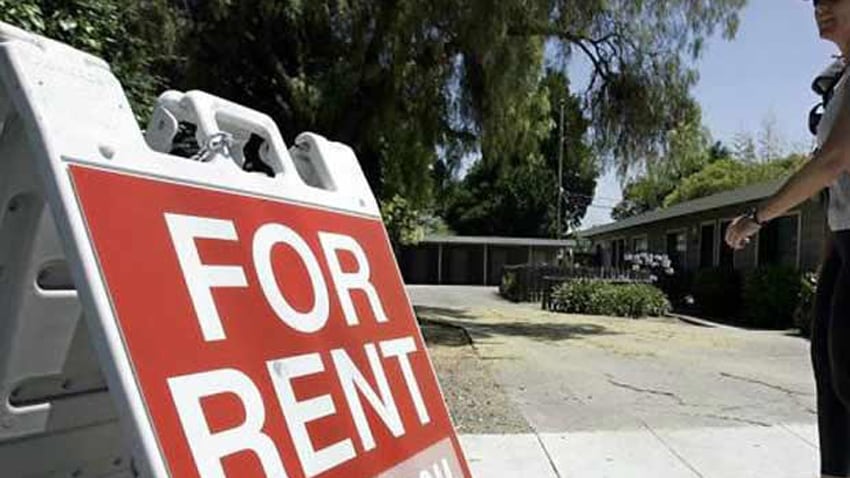SEATTLE — Building affordable housing doesn’t necessarily mean surrounding home values will tank, according to a new study. But it also doesn’t mean there are no effects on neighborhoods.
Rebecca Diamond with Stanford University recently conducted a study of federally-funded affordable housing projects. It found that injecting low-income homes into a range of communities ended up having benefits in every instance. But there was one slight negative impact.
“We do find in higher-income communities there is a modest house price decline nearby of about 2-2.5 percent when an affordable housing project gets built nearby,” Diamond told KIRO Radio’s Dave Ross noting that the declines are “not massive.”
It’s information for cities like Seattle to consider as it attempts to solve its housing crisis. The study primarily found that low-income housing projects improved the quality of lower-income communities overall. The slight drop in higher-income home values only extended from about 1/10th to a quarter of a mile around the site. Diamond argues that the overall benefits outweigh that drop in property values.
“Developments in particularly low-income communities act as a sort of spark to revitalize the community,” Diamond said. “These subsidies to build new affordable housing in those areas help revitalize the area and make the whole neighborhood nearby a more desirable place to live for both low-income and high-income people as well as people with different racial backgrounds.
TRENDING NOW:
- Relatives demand answers in fatal Minnesota police shooting
- PHOTOS: Eel truck crash creates big mess on Oregon highway
- 18-year-old killed in possible car-surfing crash in Kirkland
- PHOTOS: Sky-gazers capture brilliant Aurora Borealis over W. Washington
- VIDEO: More than 350,000 images of child porn found on church worker's laptop
“… people then migrate from the surrounding areas from a more variety of racial backgrounds,” she said. “We find decreases of racial segregation, whereas that neighborhood prior to the development would be majority black or Hispanic, and we find that racial mix tilts away from a high minority population to a broader racial diversity.”
Low-income children also tend to do better in school if they live in areas with less poverty, Diamond said. Crime is also a consideration.
“When you build these projects in low-income areas, crime declines nearby – both property and violent crime, ” Diamond said. “And we find no increase in crime in higher-income neighborhoods.”
Seattle has engaged developers with low-income housing policies in recent months, including a Mandatory Housing Affordability program. Developers are required to offer low-income housing in new buildings, or pay a fee that will go toward building that housing elsewhere. In exchange, developers can build higher in certain areas, such as Uptown. King County has also formed a task force to find affordable housing solutions as people are pushed out of the area.
Cox Media Group






